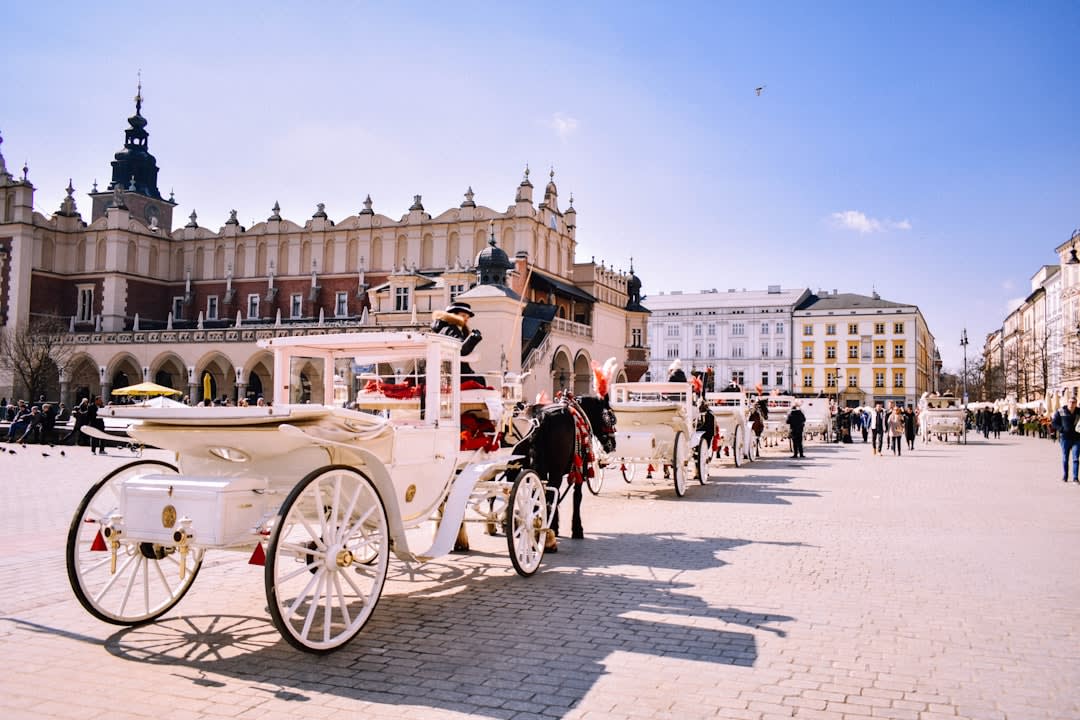Poland's New Leadership and the Historical Crossroads with Ukraine
3 min read

In the ever-evolving landscape of Eastern European politics, the rise of Poland's new president, a nationalist named Nawrocki, has brought to the forefront a nuanced and delicate issue that has lingered between Poland and Ukraine for decades. As some European nations reassess their positions on Kyiv, Nawrocki has emphasized the need to address "overdue historical issues" between these two neighboring countries. This statement, while seemingly diplomatic, carries with it layers of historical context that must be unpacked to understand the potential implications of Poland's new direction.
A Complex Historical Tapestry
To comprehend the depth of Nawrocki's statement, it is essential to explore the historical tapestry that binds Poland and Ukraine. Both nations have shared a complex relationship marked by periods of unity and division. In the 20th century, the shadow of World War II left indelible scars on both countries. The Volhynia massacre, where tens of thousands of ethnic Poles were killed by Ukrainian nationalists, remains a particularly painful chapter in their shared history. Conversely, the post-war Soviet era saw both nations under communist rule, with Poland often being seen as a gateway between the Soviet Union and the West.
With the fall of communism, Poland and Ukraine embarked on paths of independence and democracy. Poland, joining NATO in 1999 and the European Union in 2004, has often served as a crucial ally to Ukraine, especially during its aspirations to join Western institutions. However, historical grievances have occasionally resurfaced, challenging diplomatic relations.
Nawrocki's Nationalist Stance
Nawrocki’s nationalist credentials suggest a robust approach to these historical grievances. His call for addressing "overdue historical issues" can be interpreted as a push for Ukraine to acknowledge past grievances, potentially as a precondition for further cooperation. This stance is not unique in Eastern European politics, where nationalist leaders often leverage historical narratives to bolster domestic support.
However, this approach is a double-edged sword. While addressing historical issues can pave the way for genuine reconciliation, it also risks reigniting old tensions and complicating current geopolitical alliances. Nawrocki’s position may appeal to domestic audiences who feel historical injustices have been overlooked, yet it could strain Poland’s role as a mediator and ally to Ukraine in the broader European context.
The Geopolitical Implications
In the current geopolitical climate, Poland's relationship with Ukraine holds significant weight. As Ukraine continues to face challenges with Russian aggression and seeks closer ties with Western Europe, Poland's support is invaluable. Nawrocki's leadership, therefore, comes at a critical juncture where historical reconciliation could either strengthen regional alliances or create new fissures.
Poland's position as a staunch supporter of Ukraine amidst the Russian threat underscores the importance of balanced diplomacy. Nawrocki’s challenge will be to navigate these historical waters with a view towards both justice and pragmatic cooperation. The stakes are high, as any shift in Poland’s support could have reverberating effects across Europe and alter the dynamics of Eastern European security and cooperation.
A Path Forward?
As Poland and Ukraine stand at this historical and political crossroads, the path forward requires a delicate balance of acknowledging past grievances while fostering a vision for a collaborative future. Nawrocki’s nationalist lens, while rooted in legitimate historical concerns, must also accommodate the realities of a region still grappling with the threats of authoritarianism and territorial aggression.
Ultimately, the success of Poland's new leadership will hinge on its ability to address historical issues without derailing the broader strategic partnership with Ukraine. As these two nations continue their intertwined journey, the world watches closely, hoping for a resolution that honors the past while paving the way for a united future.
